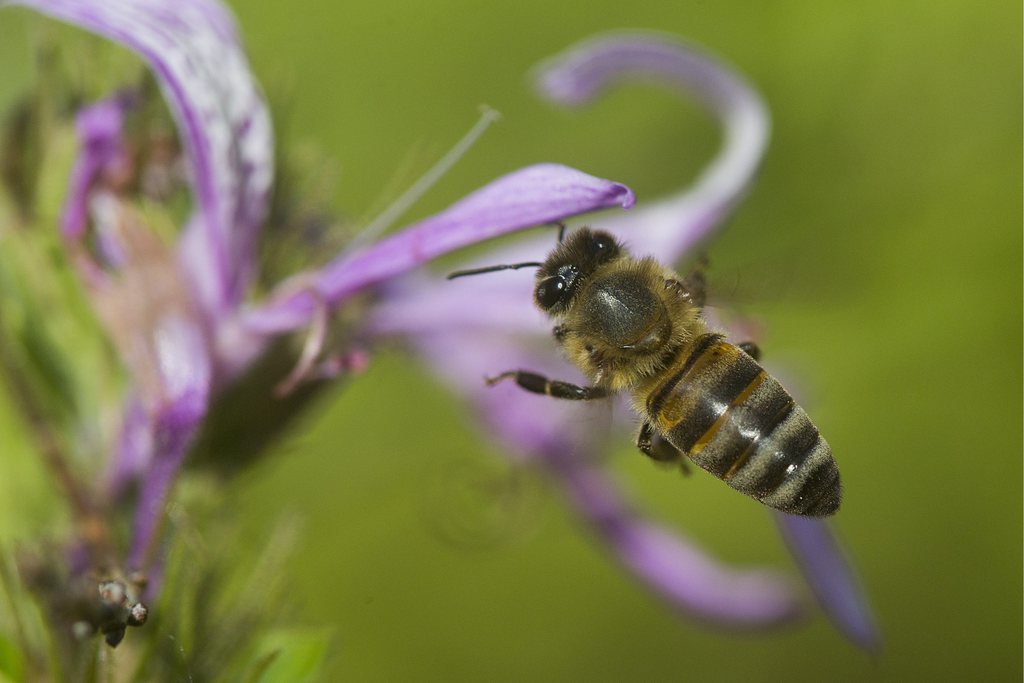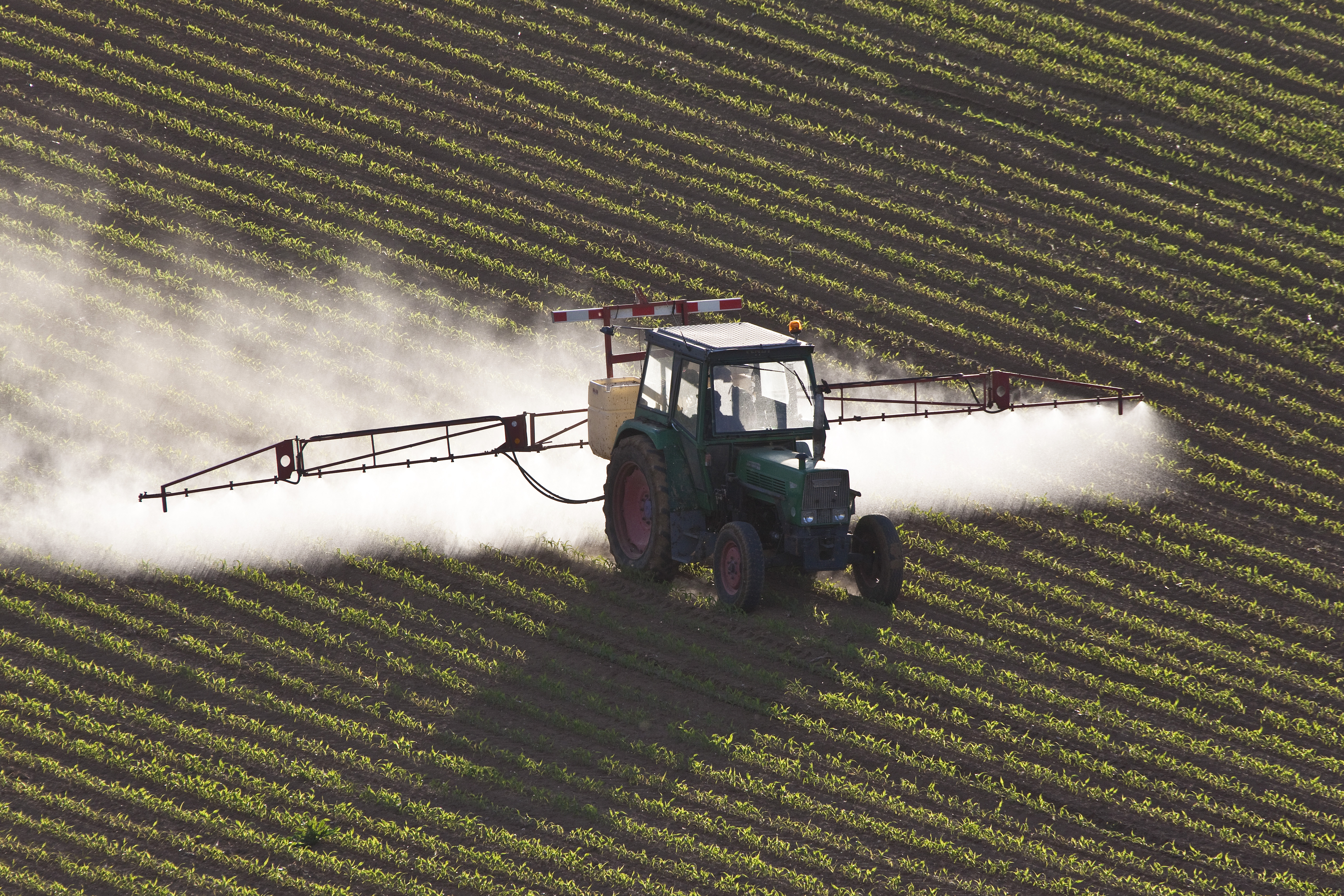Researchers find new pesticides as harmful as DDT

An international task force that has been investigating the effects of certain pesticides has found they are as bad for the environment as insecticide DDT, now banned worldwide. Basel-based Syngenta, which produces the two chemicals concerned, says the study does not consider the broader benefits.
The team of 29 researchers from the International Union for Conservation of Nature (IUCN) was commissioned in 2011 to look into the effect of neonicotinoids and Fipronil on natural ecosystems.
They found that soil, plants, bodies of water and even groundwater contain concentrations of neonicotinoids harmful to many organisms and above legal limits in many parts of the world. The pesticides are commonly used to treat insect infestations on garden plants and crops.
Their four-year-long research project involved going over more than 800 peer-reviewed papers that have been published in the past two decades regarding the effects of the pesticides.
A spokesperson for Syngenta told swissinfo.ch that the publication is a “selective review of existing studies which highlighted the worst possible scenarios largely produced under unrealistic or laboratory conditions”.
They added that the research did not consider a number of factors about the pesticides, including, they said, how it “maximises yields from land already under cultivation”. This, they said, “protects more wild spaces”.

More
The boon and bane of pesticides
Recommendations
The team of researchers – among them several Swiss – have recommended that the use of neonicotinoids and Fipronil be sharply reduced or, better yet, phased out.
A three-year Europe-wide ban on neonicotinoids is already in place, as of December 2013. Syngenta has said the effect of that suspension will impact its sales at under $100 million (CHF89 million) and that the losses would be partly compensated.
Insects such as honey bees and butterflies as well as invertebrates such as worms, certain birds and fish are especially affected by the pesticides, losing their sense of smell, their memory or experiencing problems flying.
Besides Fipronil, there are currently seven other nicotine-based Neonicotinoid pesticides on the market. Their sales bring in more than $3.5 billion in revenue annually for chemical companies like Syngenta.

In compliance with the JTI standards
More: SWI swissinfo.ch certified by the Journalism Trust Initiative

You can find an overview of ongoing debates with our journalists here. Please join us!
If you want to start a conversation about a topic raised in this article or want to report factual errors, email us at english@swissinfo.ch.